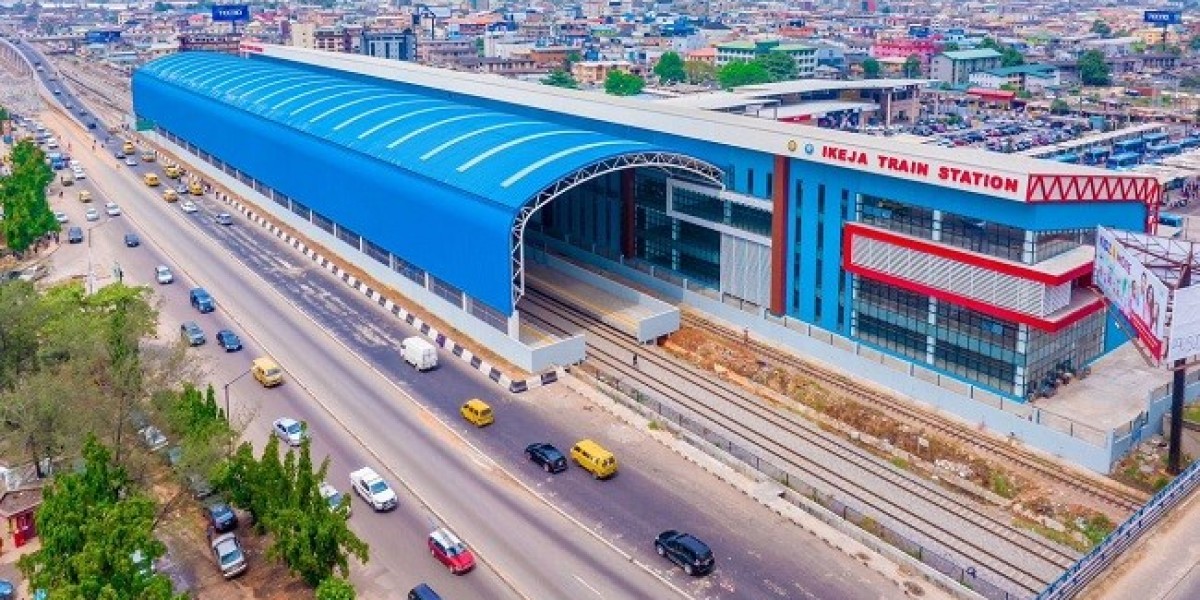The Nigerian Bureau of Statistics (NBS) reports that the revenue generated from rail transport surged by 53% to ₦1.69 billion in the second quarter of 2024. This significant increase reflects a growing preference among Nigerians for rail travel, attributed to its affordability and efficiency. The number of passengers and freight services has risen sharply, highlighting the expanding role of railways in Nigeria's transportation sector. The government’s investment in rail infrastructure and service improvements has played a key role in boosting these figures.
Rising Popularity of Rail Transport
The jump in revenue underscores the increasing reliance on rail transport for both passenger and freight services. With road congestion and safety concerns, many Nigerians are turning to the railways as a more reliable alternative. The rail system offers a comfortable, timely, and affordable mode of transportation, especially in urban and intercity routes.
Government Investment and Infrastructure Development
The federal government has been making significant investments in rail infrastructure, including the expansion and modernization of existing rail lines and the introduction of new routes. Projects like the Lagos-Ibadan and Abuja-Kaduna rail lines have significantly contributed to the sector's growth, making rail travel a viable option for more Nigerians.
Passenger and Freight Services Growth
According to the NBS report, there has been a noticeable increase in both passenger and freight services. More businesses are utilizing the rail system to move goods efficiently, reducing the pressure on road networks and minimizing transportation costs. The improvement in service quality and frequency has also attracted more passengers, boosting overall revenue.
Challenges and the Way Forward
Despite these gains, challenges such as limited coverage, maintenance issues, and security concerns remain. Addressing these issues will be crucial for sustaining growth and ensuring the rail system can accommodate the increasing demand. Continued investment in infrastructure, enhanced security measures, and efficient service management are essential to maintain the upward trajectory of Nigeria's rail sector.
Future Prospects
With ongoing efforts to expand the rail network and improve services, the future of rail transport in Nigeria looks promising. The government’s commitment to infrastructure development and the public’s growing preference for rail travel suggest that this mode of transport will play an increasingly significant role in Nigeria’s economy and daily life.
This development not only indicates economic progress but also showcases the potential of rail transport to reshape Nigeria’s transportation landscape, offering a sustainable and efficient alternative to road travel.



